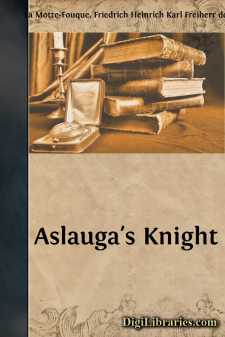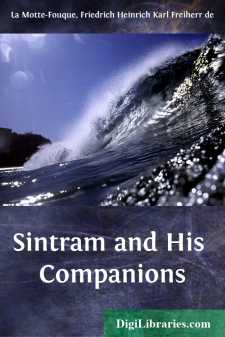Categories
- Antiques & Collectibles 13
- Architecture 36
- Art 48
- Bibles 22
- Biography & Autobiography 815
- Body, Mind & Spirit 144
- Business & Economics 28
- Children's Books 18
- Children's Fiction 14
- Computers 4
- Cooking 94
- Crafts & Hobbies 4
- Drama 346
- Education 58
- Family & Relationships 59
- Fiction 11834
- Games 19
- Gardening 17
- Health & Fitness 34
- History 1378
- House & Home 1
- Humor 147
- Juvenile Fiction 1873
- Juvenile Nonfiction 202
- Language Arts & Disciplines 89
- Law 16
- Literary Collections 686
- Literary Criticism 179
- Mathematics 13
- Medical 41
- Music 40
- Nature 179
- Non-Classifiable 1768
- Performing Arts 7
- Periodicals 1453
- Philosophy 65
- Photography 2
- Poetry 896
- Political Science 203
- Psychology 44
- Reference 154
- Religion 515
- Science 126
- Self-Help 85
- Social Science 82
- Sports & Recreation 34
- Study Aids 3
- Technology & Engineering 59
- Transportation 23
- Travel 463
- True Crime 29
Our website is made possible by displaying online advertisements to our visitors.
Please consider supporting us by disabling your ad blocker.
Aslauga's Knight
Description:
Excerpt
CHAPTER I.
Many years ago there lived in the island of Fuhnen a noble knight, called Froda, the friend of the Skalds, who was so named because he not only offered free hospitality in his fair castle to every renowned and noble bard, but likewise strove with all his might to discover those ancient songs, and tales, and legends which, in Runic writings or elsewhere, were still to be found; he had even made some voyages to Iceland in search of them, and had fought many a hard battle with the pirates of those seas—for he was also a right valiant knight, and he followed his great ancestors not only in their love of song, but also in their bold deeds of arms. Although he was still scarcely beyond the prime of youth, yet all the other nobles in the island willingly submitted themselves to him, whether in council or in war; nay, his renown had even been carried ere now over the sea to the neighbouring land of Germany.
One bright autumn evening this honour-loving knight sat before his castle, as he was often wont to do, that he might look far and wide over land and sea, and that he might invite any travellers who were passing by, as was his custom, to share in his noble hospitality.
But on this day he saw little of all that he was accustomed to look upon; for on his knees there lay an ancient book with skilfully and richly painted characters, which a learned Icelander had just sent to him across the sea: it was the history of Aslauga, the fair daughter of Sigurd, who at first, concealing her high birth, kept goats among the simple peasants of the land, clothed in mean attire; then, in the golden veil of her flowing hair, won the love of King Ragnar Lodbrog; and at last shone brightly on the Danish throne as his glorious queen, till the day of her death.
To the Knight Froda it seemed as though the gracious Lady Aslauga rose in life and birth before him, so that his calm and steadfast heart, true indeed to ladies' service, but never yet devoted to one particular female image, burst forth in a clear flame of love for the fair daughter of Sigurd. "What matters it," thought he to himself, "that it is more than a hundred years since she disappeared from earth? She sees so clearly into this heart of mine—and what more can a knight desire? wherefore she shall henceforth be my honoured love, and shall inspire me in battle and in song." And therewith he sang a lay on his new love, which ran in the following manner:
"They ride over hill and dale apace
To seek for their love the fairest face—
They search through city and forest-glade
To find for their love the gentlest maid—
They climb wherever a path may lead
To seek the wisest dame for their meed.
Ride on, ye knights: but ye never may see
What the light of song has shown to me:
Loveliest, gentlest, and wisest of all,
Bold be the deeds that her name shall recall;
What though she ne'er bless my earthly sight?
Yet death shall reveal her countenance bright.
Fair world, good night! Good day, sweet love!
Who seeks here in faith shall find above."
"Such purpose may come to good," said a hollow voice near the knight; and when he looked round, he saw the form of a poor peasant woman, so closely wrapped in a grey mantle that he could not discern any part of her countenance....





